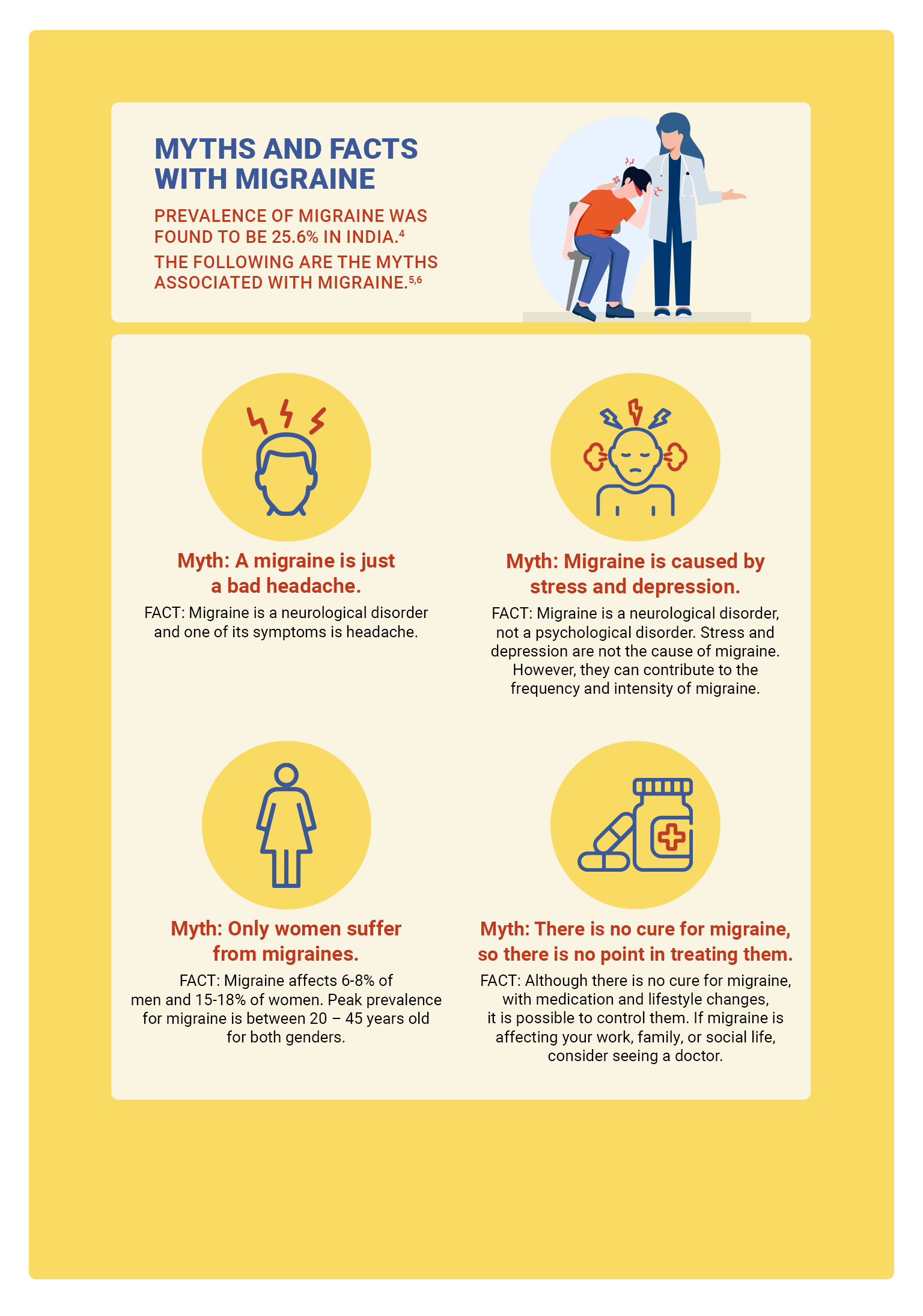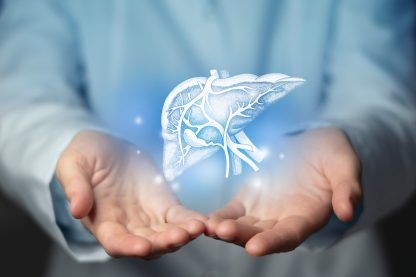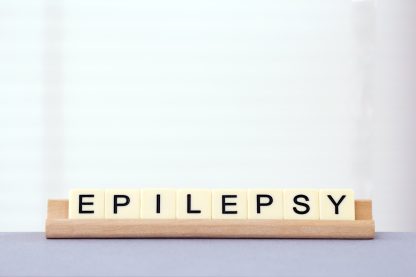Decoding Migraine
4 min read
What is migraine?
A migraine is a type of headache that often affects one side of the head and can cause intense throbbing pain or a pulsating sensation. Severe light and sound sensitivity, nausea, and vomiting are frequently present. The pain from migraine attacks can be painful, interfering with everyday tasks for hours or even days at a time.1
For some people, a warning symptom known as an aura occurs before or closely with the headache. Auras are defined as reversible symptoms of the nervous system. An aura includes visual disturbances, such as flashes of light or blind spots, or other disturbances, such as tingling on one side of the face or in an arm or leg and difficulty speaking. Each symptom usually starts gradually, builds up over several minutes and can last up to 60 minutes.1
What are the symptoms of migraine?2
The primary symptom of migraine is a headache. Pain is sometimes characterized as pounding or throbbing. It can begin as a dull ache that leads to pulsing pain that is mild, moderate or severe. If left untreated, one’s headache pain will become moderate to severe. Pain can possibly shift from one side of your head to the other, or it can affect the front of your head, the back of your head or feel like it’s affecting your whole head. Some people experience pain around their eye or temple, and sometimes in their face, sinuses, jaw or neck.
Other symptoms include:
- Problems concentrating
- Irritability and/or depression
- Difficulty sleeping
- Yawning
- Temporary loss of sight
- Sensitivity to light, smell and sound
- Muscle stiffness
- Speech changes
What triggers migraine?1
Migraine attacks can be triggered by a variety of factors. Common triggers include:
- Hormonal changes in women: Fluctuations in estrogen, like as before or during menstrual periods, pregnancy, and menopause, seem to trigger headaches in many women. Hormonal medications, like oral contraceptives, also can worsen migraines.
- Drinks: It comprises of alcohol, especially wine, and too much caffeine, such as coffee.
- Stress: Stress at work or home can lead to migraines.
- Sensory stimuli: Bright or flashing lights can cause migraines, as can loud sounds. Strong smells — such as perfume, paint thinner, secondhand smoke and others — trigger migraines in some individuals.
- Sleep changes: Missing sleep or getting too much sleep can cause migraines in some people.
- Physical strain: Intense physical exertion, including sexual activity, might give rise to migraines.
- Weather changes: A change of weather or barometric pressure can cause a migraine.
- Medications: Oral contraceptives and vasodilator can aggravate migraines.
- Foods: Aged cheeses and salty and processed foods might provoke migraines. So might skipping meals.
- Food additives: These include the sweetener aspartame and the preservative monosodium glutamate (MSG), found in many different types of foods.
What causes a migraine?2
The cause of migraine headaches is noted to be complicated and not fully understood. When one has headache it’s because specific nerves in the blood vessels send pain signals to your brain. This releases inflammatory substances into the nerves and blood vessels of the head.
Dos and Don’ts for migraine3

Cold cloth or ice pack
1

Avoid migrane exposure
3

Avoid migraine tiggers
4








